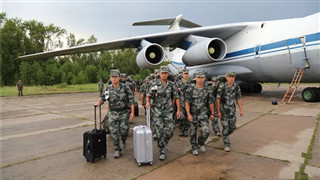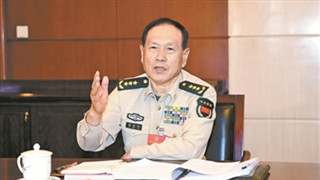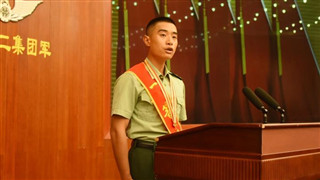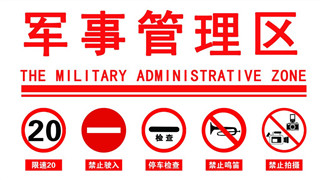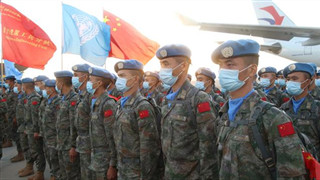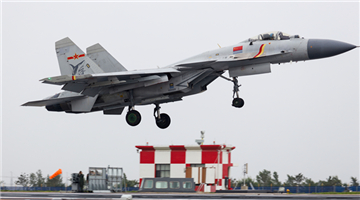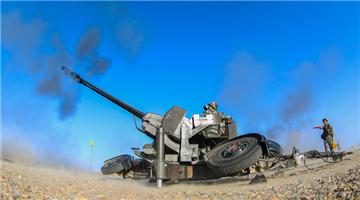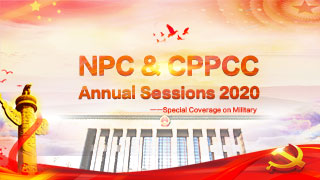SEOUL, Aug. 15 (Xinhua) -- South Korean President Moon Jae-in said Saturday that his government was ready to sit face-to-face with Japan at any time to resolve a long-drawn-out issue over the South Korean victims of forced labor by Japan during World War II.
"Our government is ready to sit face-to-face with the Japanese government at any time," Moon said in his televised speech to mark the 75th anniversary of the Korean Peninsula's liberation from the 1910-45 Japanese colonial rule.
"The government respects the judiciary's ruling, and has consulted with Japan's government on a smooth resolution, to which the (South Korean) victims can agree," Moon said.
Moon noted that South Korea currently left the door of consultations with Japan "wide open" over the forced labor issue.
Four South Korean victims, who were forced into heavy labor without pay during the colonial era, field a damages lawsuit in 2005 against a Japanese steelmaker. Among the four victims, Lee Chun-sik is the only surviving plaintiff because of old age.
It was followed by other wartime forced labor victims and their families lodging compensation suits against Japanese companies.
South Korea's Supreme Court delivered a ruling in 2018 that ordered some of Japanese companies to pay reparation to the victims.
Japan has claimed that all colonial-era issues were settled through a 1965 bilateral treaty that normalized diplomatic relations between Seoul and Tokyo, but the South Korean top court ruled that the state-to-state deal did not involve individuals' right to reparation.
Referring to the surviving plaintiff Lee Chun-sik, Moon said, "We will confirm the fact that protecting the dignity of an individual will never be a loss to the country."
In an apparent protest against the South Korean top court's ruling, Japan tightened control in July last year over its export to South Korea of three materials vital to producing memory chips and display panels that are the mainstay of South Korea's export.
In August last year, Japan dropped South Korea off its whitelist of trusted trading partners that are given preferential export procedure. In response, Seoul removed Tokyo from its whitelist of trusted export partners.
Meanwhile, Moon made peace overtures towards the Democratic People's Republic of Korea (DPRK).
"A true liberation is that the dreams and lives of each person are guaranteed in a peaceful, safe and unified Korean Peninsula. Our push for peace and inter-Korean cooperation is aimed to let people of the South and the North live safely together," Moon said.
Moon expressed his hope that the two Koreas could cooperate more closely in areas such as healthcare, forestry, agricultural technology.
"Inter-Korean cooperation is the best security policy to avoid dependence on nuclear and military power for both Koreas," Moon noted.
Moon vowed to set foundations for the true liberation by permanently getting rid of war threats on the peninsula as agreed upon in the Panmunjom agreement.
The Panmunjom agreement was signed by Moon and top DPRK leader Kim Jong Un after their first summit in April 2018 at the inter-Korean truce village of Panmunjom.
It led to the first-ever DPRK-U.S. summit between Kim and U.S. President Donald Trump, but denuclearization talks between Pyongyang and Washington have stalled since the second Kim-Trump summit ended with no agreement in February 2019 at the Vietnamese capital of Hanoi.
In June 2020, the DPRK destroyed the inter-Korean liaison office building that opened in September 2018 for the round-the-clock communications between the two Koreas, and has cut off all communication lines with Seoul since.
Before the demolition, the DPRK repeatedly lashed out at South Korea in protest of anti-DPRK propaganda leaflets sent by defectors and activists across the inter-Korean border.
